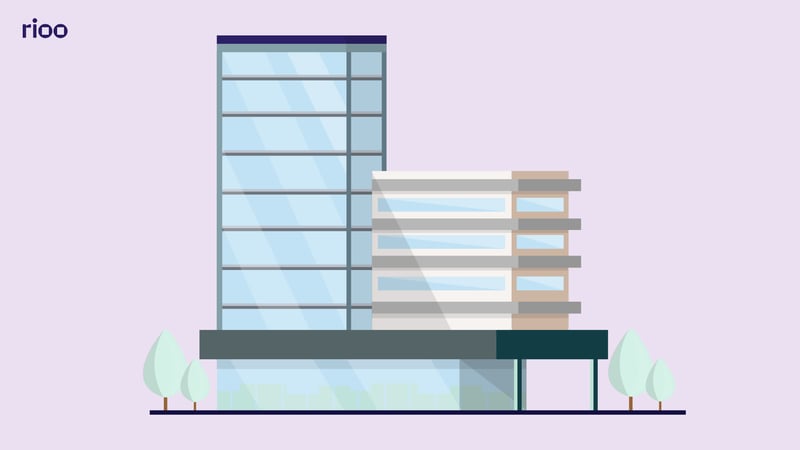Effective cash flow management is one of the most critical aspects of successful property management. However, many property managers and landlords struggle with maintaining a steady flow of income while balancing expenses. Property management cash flow challenges can lead to late payments, unexpected maintenance costs, and financial instability. Understanding these challenges and implementing the right strategies can help ensure long-term financial health. In this blog, we'll explore the common cash flow issues in property management and provide practical solutions to keep your finances on track.
Common Cash Flow Challenges in Property Management
1. Irregular Rent Payments
One of the biggest property management cash flow challenges is dealing with tenants who pay rent late or miss payments altogether. This inconsistency can make it difficult for property owners to cover mortgage payments, property maintenance, and other expenses.
Solution: Implement an automated rent collection system with reminders for tenants. Offer multiple payment options such as direct debit, credit card payments, and online transfers to encourage timely payments.
2. High Maintenance and Repair Costs
Unexpected repairs and ongoing maintenance can significantly impact rental property financial management. If not planned for, these costs can drain cash reserves and disrupt financial stability.
Solution: Set up a maintenance reserve fund to cover unexpected repairs. Regular property inspections can help identify and address minor issues before they turn into costly problems.
3. Prolonged Vacancy Periods
Vacant properties result in a direct loss of rental income, making it one of the most concerning property management cash flow challenges. Every month without a tenant means a hit to cash flow and increased carrying costs.
Solution: Reduce vacancy rates by implementing a strong marketing strategy, offering competitive rent prices, and ensuring quick turnaround times for repairs and tenant screenings.
4. Rising Operational Expenses
Property management comes with multiple operational costs, including property taxes, insurance, utilities, and property management fees. These costs can rise unexpectedly and put pressure on cash flow.
Solution: Regularly review operating expenses and negotiate better deals with service providers. Investing in energy-efficient solutions and preventive maintenance can also help cut costs over time.
5. Poor Financial Planning and Record-Keeping
Inadequate financial planning can make it challenging to track income and expenses accurately, leading to cash flow mismanagement. Many property managers rely on outdated methods, which increases the risk of errors.
Solution: Use modern real estate cash flow solutions, such as property management software, to track income, expenses, and financial reports in real time. This ensures accurate bookkeeping and better financial forecasting.
6. Seasonal Fluctuations
Certain properties, especially vacation rentals, experience seasonal fluctuations in rental income, making it difficult to maintain steady cash flow throughout the year.
Solution: Plan for off-season periods by setting aside funds during peak rental months. Offering long-term leasing options during slower seasons can also help stabilize cash flow.
Strategies to Improve Cash Flow in Property Management
One effective way to improve cash flow is by automating rent collection. Digital payment solutions help ensure timely payments and reduce the risk of missed rent, creating a more predictable income stream. Maintaining a financial cushion is also essential—keeping a reserve fund can help cover unexpected costs and prevent financial strain.
Using property management software is another key strategy. Modern tools streamline rental property financial management by tracking income, expenses, and financial trends. This allows property managers to make informed decisions and improve overall efficiency. Reducing expenses is equally important. Conducting regular cost audits can help identify and eliminate unnecessary spending, allowing for better financial control.
Increasing tenant retention plays a crucial role in maintaining a steady cash flow. Happy tenants are more likely to renew leases, reducing the risk of vacancies and ensuring a consistent rental income. Offering excellent customer service, responding promptly to maintenance requests, and providing a well-maintained living environment can encourage long-term tenancy.
Final Thoughts
Managing cash flow in property investments requires a proactive approach. By implementing digital rent collection, maintaining financial reserves, leveraging property management software, reducing unnecessary expenses, and focusing on tenant retention, property managers can improve financial stability. Real estate cash flow solutions like these help create a more predictable and sustainable income, ensuring long-term success in property management.













